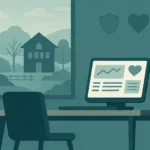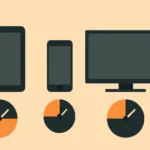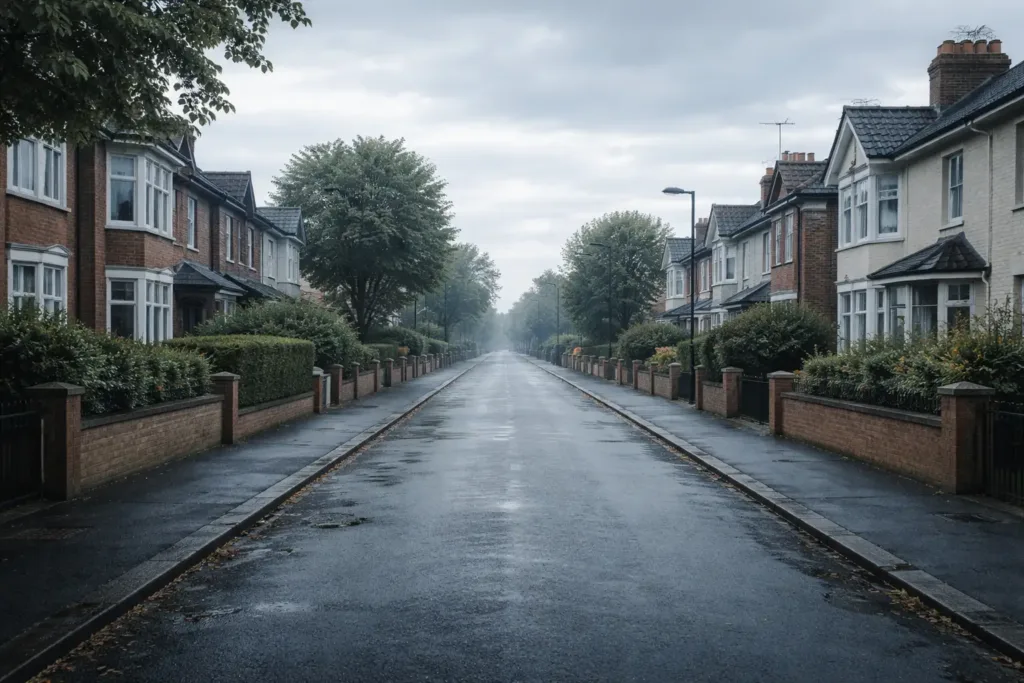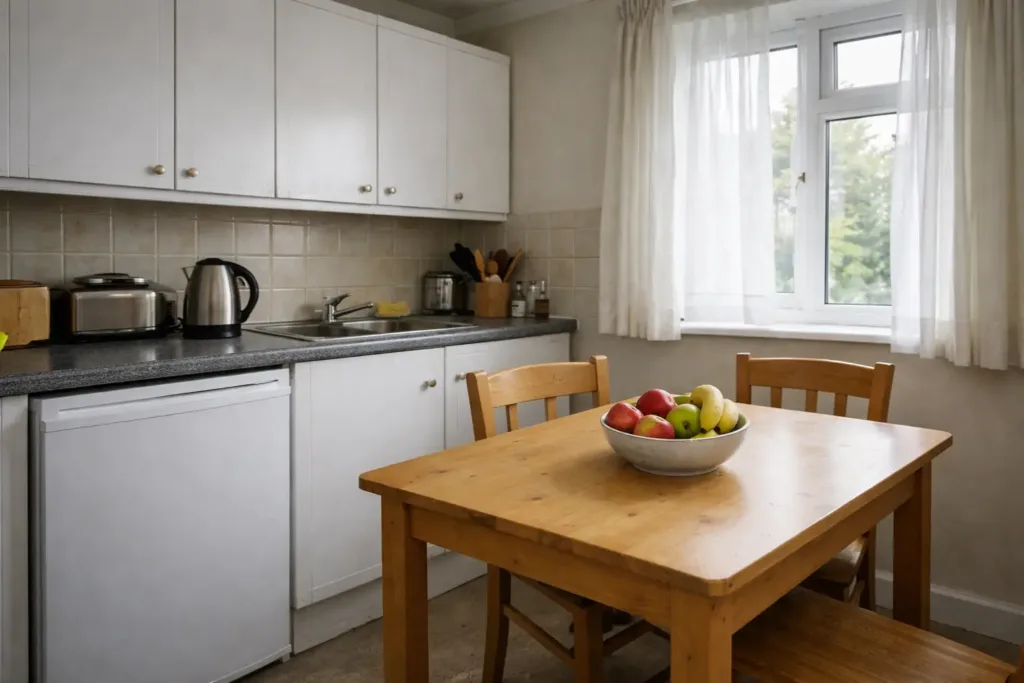This guide breaks down what an EHCP (Education, Health and Care Plan) is, who it’s for, how to get one, and why it matters for children’s futures. Designed to help parents and carers navigate the SEN process with confidence.
Every child should have a fair chance to learn and grow. Some children need more help than others. That’s where an EHCP can help.
It stands for Education, Health and Care Plan. It is a legal plan that says what help a child needs at school and in life. It is for children and young people up to age 25 who need extra support.
An EHCP lists the support a child needs and the goals they are working towards. It makes sure schools and councils give the right help. This help could be with learning, health, or care.
An EHCP is more than just a plan. It gives your child the support they need to do well now and in the future.
In this guide, we’ll show you what an EHCP is, how to get one, and why it matters so much.
What is an EHCP?
An EHCP is short for Education, Health and Care Plan. It is a legal plan. It says what help a child or young person needs.
Some children need more help than schools usually give. An EHCP gives that help. It brings together support from school, health, and social care.
The plan lists:
- What the child finds hard
- What help they need
- What they want to achieve
An EHCP is for children and young people up to age 25. It is for those with big or complex needs.
Each EHCP is made for one child. No two plans are the same. The help is matched to the child’s needs.
An EHCP is not just about school. It looks at the child’s life as a whole. That includes learning, health, friendships, and future goals.
What is an EHCP?
An EHCP is short for Education, Health and Care Plan. It is a legal plan. It says what help a child or young person needs.
Some children need more help than schools usually give. An EHCP gives that help. It brings together support from school, health, and social care.
The plan lists:
- What the child finds hard
- What help they need
- What they want to achieve
An EHCP is for children and young people up to age 25. It is for those with big or complex needs.
Each EHCP is made for one child. No two plans are the same. The help is matched to the child’s needs.
An EHCP is not just about school. It looks at the child’s life as a whole. That includes learning, health, friendships, and future goals.
Who is an EHCP for?
An EHCP is for children and young people who need a lot of extra help.
It is for those with special educational needs (SEN). These are children who find learning harder than others.
It can also help those who:
- Have a disability
- Struggle with talking or understanding
- Find it hard to cope in school
- Need help with health or daily life
Some examples are:
- Autism
- ADHD
- Learning disabilities
- Speech or language problems
- Mental health needs
If a school is giving support but it is not enough, an EHCP may be needed. It gives more help and makes sure everyone works together.
The plan is for children and young people from birth to age 25.
What’s Included in an EHCP?
An EHCP is a full plan. It looks at all parts of a child’s life. It is made with help from parents, schools, and health staff.
Each plan has these parts:
1. The child’s needs
What the child finds hard. This could be learning, health, moving around, or talking to others.
2. The support they will get
This means the help the child will get at school, at home, or with their health. For example, a teaching assistant or speech therapy.
3. Goals for the future
These are things the child wants to achieve. It might be learning to read, making friends, or living more independently.
4. Views of the child and family
The plan includes what the child and family think and want. Their voice matters.
5. Health and care support
If the child gets help from a doctor, nurse, or social worker, that goes in the plan too.
6. Education plan
This shows how the school will support learning.
The EHCP must be clear. It must say what help will be given, how often, and who is in charge.
How to Get an EHCP
You can ask for an EHCP if you think a child needs more help. This is called an EHC needs assessment.
Who can ask?
- A parent or carer
- A young person (if over 16)
- A school or nursery
You ask the local council to look at the child’s needs. This is done in writing. You don’t need a doctor or school to agree first.
What happens next?
- The council looks at the request
- They decide if they will do an assessment (within 6 weeks)
- If yes, they speak to the child, parents, teachers, and health staff
- They write a draft plan
- You check the draft and give your thoughts
- The final EHCP is sent
How long does it take?
It usually takes up to 20 weeks from the request to the final plan.
What if they say no?
You can appeal the decision. There is help for this. Many families win their appeals.
Why is an EHCP Important?
An EHCP is more than a list. It gives your child a legal right to support.
It makes sure your child gets help
The plan says what must be done. Schools and services must follow it. This gives your child the best chance to learn and grow.
It joins up support
An EHCP brings together help from:
- Teachers
- Therapists
- Doctors
- Social workers
This means your child gets the right help in one clear plan.
It protects your child’s future
The plan is reviewed every year. It changes as your child grows. It can support them through:
- School changes
- Exams
- Moving to college or work
It gives families a voice
You and your child help shape the plan. Your views are written in it. You are part of the team.
An EHCP helps children reach their goals and feel proud of who they are.
What Happens After an EHCP is Approved?
Once the EHCP is in place, the real work begins. It’s not a one-time thing.
1. The plan is used straight away
Schools and other services start giving the support listed in the plan. Everyone involved knows what to do.
2. The plan is checked every year
This is called an annual review. It looks at:
- What is working
- What needs to change
- New goals as the child grows
You and your child can give your views in this review.
3. The plan grows with your child
As your child gets older, their needs may change. The EHCP changes too. It can support them through:
- High school
- College or sixth form
- Training or work
4. Planning for adult life
From Year 9 (age 13–14), the EHCP must include a plan for life after school. This helps with:
- Jobs
- Living skills
- Health and care
An EHCP keeps things on track. It helps your child move forward with confidence.
Common Challenges and Tips for Families
Getting and using an EHCP can be tough. But you are not alone. Many families face the same challenges.
1. The council says no
Sometimes councils say no to doing an assessment. You can appeal. Many families win when they do.
Tip: Write clearly. Explain how your child’s needs are more than what school support can cover.
2. Delays in the process
The EHCP process should take no more than 20 weeks. But sometimes it takes longer.
Tip: Keep track of dates. Ask the council for updates. You have a right to know what’s happening.
3. The plan is not followed
Sometimes schools don’t do what’s in the EHCP.
Tip: Talk to the school first. If things don’t change, speak to the SEN team at your local council.
4. It’s hard to understand the system
The words and steps can feel confusing.
Tip: Ask for help. There are support groups, charities, and advice lines that explain things clearly.
5. You feel alone
This is a common feeling. The system is hard to face on your own.
How Welcare Supports Children with EHCPs
At Welcare, we know that every child is different. That’s why we work closely with children who have EHCPs. We make sure they get the care, learning, and support they need.
Personal care in safe homes
We provide warm, stable homes for children with complex needs. Our staff understand EHCPs and use them to guide daily care.
Therapeutic support
We offer:
- Cognitive Behavioural Therapy (CBT)
- Equine therapy
- Play with pets therapy
These help children feel safe, grow in confidence, and build new skills.
Working with schools and councils
We speak with schools, local councils, and health teams. This keeps the child’s support on track.
Planning for the future
We help with life skills and independence. We support children as they move to college, training, or adult services.
Further Reading
Got a question?
Frequently Asked Questions
What’s the difference between SEN support and an EHCP?
SEN support is help given by a school. It does not need a legal plan.
An EHCP is a legal document. It gives more support and covers health and care too.
Can a child in care have an EHCP?
Yes. Many children in care have EHCPs. It helps make sure they get the right support in their home and school.
How long does it take to get an EHCP?
From start to finish, it can take up to 20 weeks. Sometimes it’s faster. Sometimes longer if there are delays.
Who writes the EHCP?
The local council writes the plan. They speak with parents, schools, health staff, and the child to gather information.
Can EHCPs be used in children’s homes?
Yes. EHCPs can be used in places like Welcare. We use them to give the best care and support, matched to each child’s needs.
What are the 5 stages of an EHCP?
- Request – A parent, school or young person asks for an EHCP
- Assessment – The council gathers views and checks the child’s needs
- Draft Plan – A first version is shared for feedback
- Final Plan – The EHCP is written and shared
- Review – The plan is checked every year and updated
Is an EHCP the same as an IEP?
No. An IEP (Individual Education Plan) is used in some schools to support learning needs.
But it is not a legal document.
An EHCP is legal, covers more than just education, and gives stronger rights to support.







